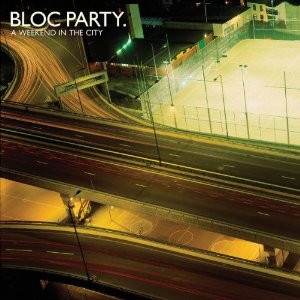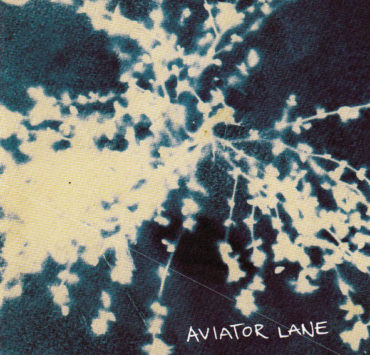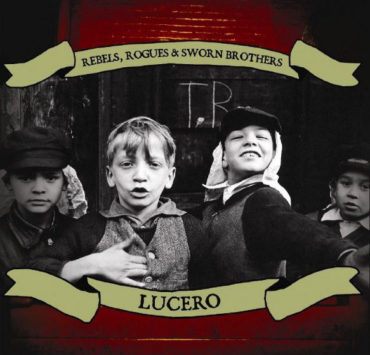“I am trying to be heroic, in an age of modernity.” Aren’t we all Kele, aren’t we all?
And thus is how begins ‘Song For Clay’ which opens Bloc Party’s second album. Like the text from which the song takes its inspiration (if you don’t know Bret Easton Ellis’ Less Than Zero, you should be ashamed) it’s an album heavy with expectations that delivers something not quite as wholesome as you’d like or need. It’s also a text about change, but subtle change that you can’t quite place, but which is there in the periphery of every scene and every sentence.
I’d never heard of the band until a few months before Silent Alarm, and I was switched on by a version of ‘Price of Gasoline’. I was that kid who bought into the album and the hype and was very much impressed. The second time around, I seem to be in a similar situation. On the strength of ‘The Prayer’, and Kele’s occasional interviews about Missy Elliot and Timbaland, I’m expecting some kind of TV on The Radio meets King Crimson via Gang of Four masterwork. And what I’m given falls short of this. But subtly.
Lyrically, this is a much easier album to read and understand. It’s an album about London, and commuting into London, and going out in London. Youth in Newcastle are traditionally brought up to snarl at Southerners and their fancy ways (especially Londoners), and I’m not that much of an exception. ‘Waiting for the 7.18′ is a song ostensibly about the grind of the rat race, and the promise of escape. ‘On’ seems to be about cocaine and parties (similarly and quite disappointingly ‘The Prayer’). I quite liked the fact that there were lyrics of Kele’s that I didn’t get. Now it feels like most of the album is pitching at those kids who bought into Hard-Fi’s tales of living for the weekend.
Musically as well, the changes seem more geared at removing those elements of the Bloc Party melee that I liked. Less emphasis on the (quite phenomenal) rhythm section; more emphasis on Kele as The Frontman rather than the singer; more passages of extended Snow Patrol balladry; song structures and riffs which instead of taking leads from bands you don’t hear very often, take leads from bands you hear all the time like Kaiser Chiefs and Snow Patrol.
And it’s this last point that I think I take most exception to. Bloc Party might have been derided at first for their post-punkiness, but they were a band who you identify as being at least a little different, and with the potential to do something new. What A Weekend in The City seems to show is that they’ve relinquished the quest for newness in exchange for making a popular and fairly conventional album. There are sparks of quite unashamed brilliance (I still love ‘The Prayer’) but unless they return to concentrating on the individual elements of their sound, they run the risk of disappearing here.
And again, if you missed the Bret Easton Ellis reference, get yourself onto Amazon and buy that first. Before this, before anything I’ve recommended before.


